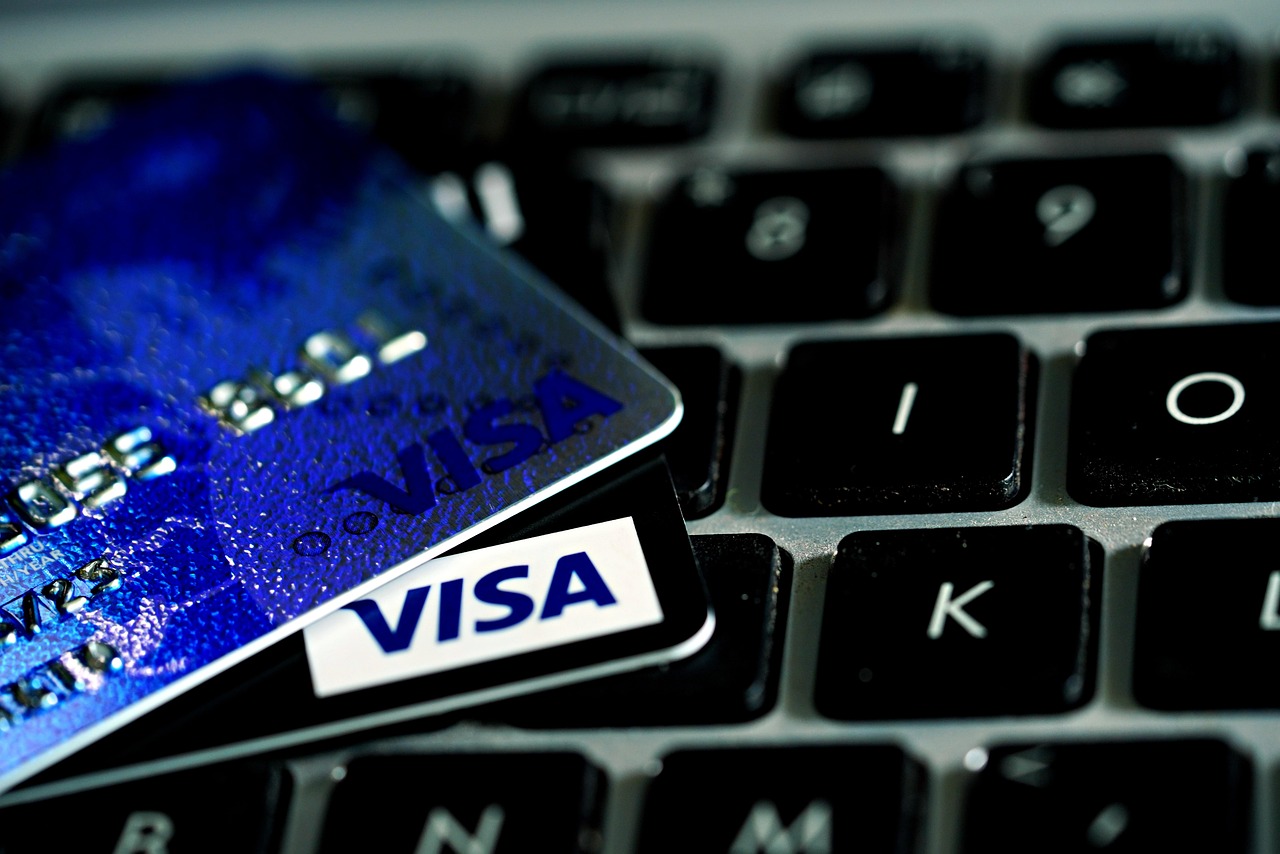Payment card fraud in 2024: fewer cases but more losses
12 May 20:07 INFOGRAPHICS
INFOGRAPHICS
In 2024, the Ukrainian cashless payments market faced a paradoxical phenomenon: the number of fraudulent transactions with payment cards decreased slightly, but the total amount of losses caused by these actions increased significantly. This is evidenced by updated data from the National Bank of Ukraine, "Komersant Ukrainian" reports.
According to statistics, the number of fraudulent transactions decreased by 1% – from 272 thousand in 2023 to 270 thousand in 2024. However, the total amount of losses from these transactions increased by 37% and amounted to UAH 1.1 billion. This jump is explained by an increase in the average amount of one fraudulent transaction – from UAH 3,065 in 2023 to UAH 4,247 in 2024 (39%).
In terms of fraudulent transactions per million card transactions, there were 31 fraudulent transactions, and UAH 176 in losses for every million hryvnias spent by non-cash transactions. This indicates a moderate increase in the relative level of losses – by 28%, despite the fact that the total amount of card spending increased by 8%.
Online transactions remain the most vulnerable area, accounting for 83% of all fraud cases. The main tool of criminals is still social engineering – methods of influence in which users provide fraudsters with their personal and banking data on their own. In 2024, this type of fraud accounted for 84% of losses, which is higher than in 2023 (80%).

In particular, fraudsters are increasingly using phishing sites, fake bank accounts on social media, and messengers to collect confidential information under the guise of financial institution employees. Schemes involving fake SMS messages and calls with pseudonymous bank contact center numbers have become common.
“Fraud losses for 2024 show that in most cases people become victims of fraudsters due to non-compliance with the basic rules of payment security,” commented Oleksiy Shaban, Deputy Governor of the NBU.
According to him, in 2025, the NBU plans to continue the #FraudsterGoodbye information campaign aimed at raising public awareness of the safe use of payment cards and online banking.
For financial institutions and government agencies, this means investing in digital literacy, cybersecurity, and improved user authentication technologies. For users themselves, it means being more cautious and not sharing data that could be the key to their money.
Read also: Internet schemes dominate fraudulent payment card transactions
How to use bank cards safely: advice to Ukrainians from the National Bank
The National Bank once again emphasizes that it is important to know and follow the rules of safe use of payment cards.
Under no circumstances should you provide payment card details [card number, expiration date, three digits on the back of the card (CVV code)], confirmation codes from SMS messages, login and password for Internet banking, etc. and do not perform any transactions if you
- receive a call or SMS message about allegedly receiving assistance;
- a caller calls on behalf of a bank (or even the National Bank) and asks for payment card details, confirmation codes from an SMS message, login and password to access online banking;
- on behalf of relatives, friends, or acquaintances, they ask for help by transferring funds to the specified card number;
- send a link where you need to provide full card details (card number, expiration date, CVV code) or otherwise request full card details to transfer funds to you, for example, for goods and services that you sell through online platforms, marketplaces, etc. To ensure secure sales, we recommend using the services offered by the respective online trading platform.
In such cases, it is better to call back the bank to clarify whether such calls were actually made, whether such assistance is provided, or to a relative, acquaintance, or friend to clarify whether help is really needed.
Users should also be vigilant and not follow links sent in messengers, SMS, e-mails to steal personal data, payment card details, log-in confirmation codes to the payment application/internet banking, confirmation of payment transactions, etc.
In case of loss or theft of a payment card and/or a device with a financial phone number, disclosure of payment card details, confirmation codes from an SMS message or receipt of SMS messages about unauthorized payment transactions or access to Internet banking, we recommend that you immediately block the card and access to Internet banking by contacting the support service of the payment service provider. At the same time, the user should also contact law enforcement agencies, in particular the Cyber Police, to conduct appropriate investigations.
Читайте нас у Telegram: головні новини коротко









